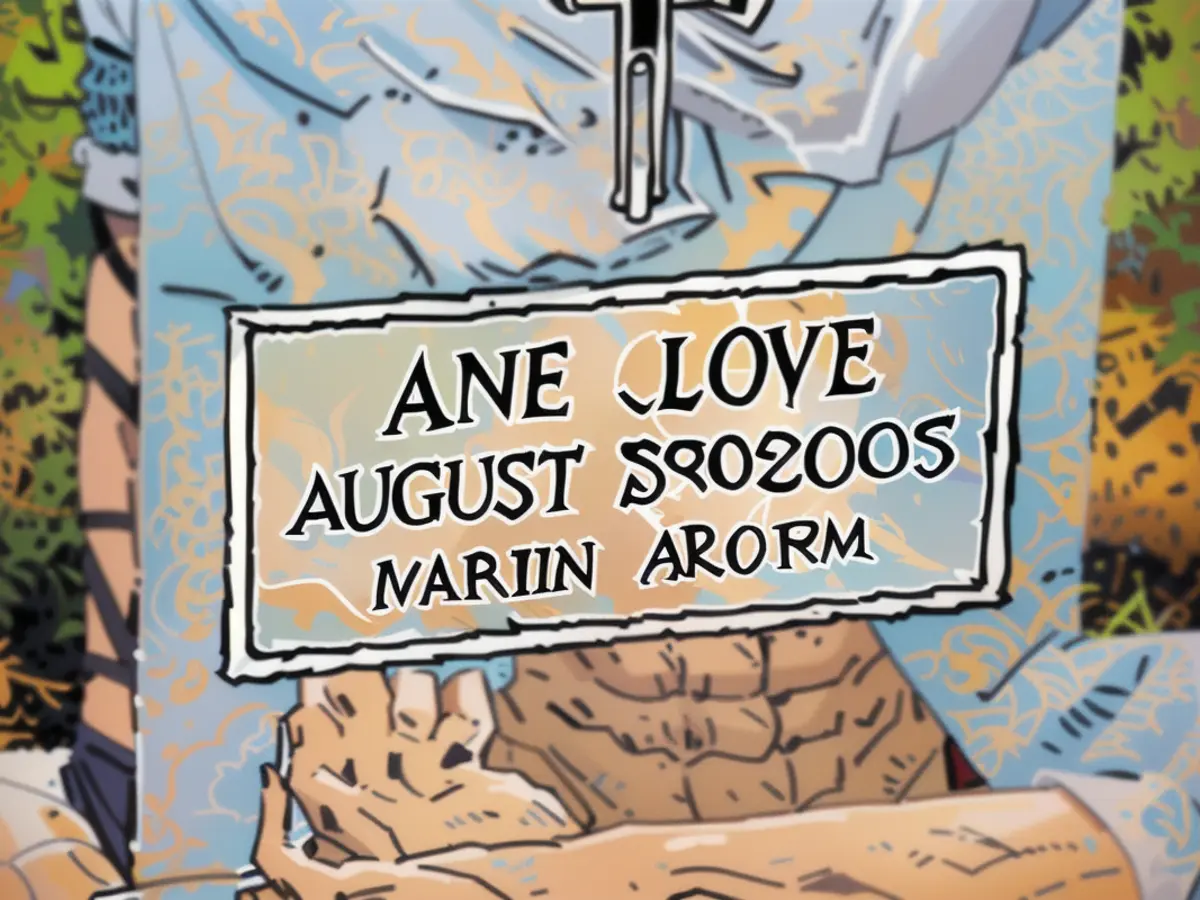Investigating for 19 years, remains of a missing mother found following Hurricane Katrina.
A journalist from Gulf Coast TV station WKRG interviewed Hardy Jackson while he was wandering the streets of Biloxi, Mississippi after the catastrophic flood waters receded. He couldn't locate his 46-year-old wife's body.
"She's gone," he said to the then-CNN affiliate.
Hardy and Tonette Jackson were at their home when Hurricane Katrina hit in August 2005. They didn't anticipate the water would rise so rapidly, so they rushed to the attic. Unfortunately, their house collapsed. Hardy clung to a tree while also holding Tonette's hand. After some time, she realized he couldn't hold on for much longer. Tonette begged him to take care of their kids and grandchildren.
They released each other's hands. Shortly after, Hardy was seen with his two sons in Biloxi, surveying the destruction caused by the raging waters. He expressed his despair, "We ain't got nowhere to go, nowhere to go. I'm, I'm lost. That's it. That's all I had. That's all I had."
One week later, search teams discovered a body inland of Biloxi, between slabs where two homes had stood. However, the remains couldn't be identified, and so they were laid to rest at Machpelah Cemetery in nearby Pascagoula under the name "Jane (Love)" as per Mississippi officials.
Thousands were missing after Katrina's wrath, including Tonette, with an estimated 12,000 people reported missing in Louisiana and Mississippi. It claimed 1,392 lives and caused damages totaling $125 billion.
For the next half-decade, Hardy kept his commitment to care for their children and grandchildren. But his family was unable to provide his wife with a proper burial.
"They say my wife's body washed out to the bay. There's nothing I can do," Hardy told CNN in 2010. "Many times I woke up wishing it was a dream."
In 2013, Hardy passed away, and the Jacksons were no closer to finding Tonette than when the storm had roared away from the shore.
Decades of progress in DNA technology
The following ten years saw significant advancements in DNA technology, enabling agencies to make significant headway in resolving both infamous unsolved crimes and missing person cases. The Mississippi Bureau of Investigations and the State Medical Examiner's Office took notice.
In 2023, a cooperation between those agencies formed a task force, aiming to identify the unidentified victim found between two slabs in Biloxi. As per the bureau, Jane (Love) was the mysterious body uncovered a week after the hurricane.
The remains were exhumed, and Othram, a Texas-based company, was commissioned to assist in the identification process using forensic genetic genealogy, a confluence of DNA analysis and conventional family-tree study, to provide potential clues for the state Investigations Bureau.
Othram had previously assisted Mississippi officials in other cases, according to Bureau Special Agent Christa Groom. The funding for this operation came from Carla Davis, a philanthropist and genealogist at Othram, deeply committed to tackling Mississippi's backlog of unsolved cold cases.
As the leads emerged from Othram's analysis and more DNA testing was conducted on a close family member of Tonette Jackson, a match for Jane (Love) was made public:
After a staggering 18-and-a-half years, science identified the bones found in St. Martin as Tonette.
Finally, her family was able to reclaim their loved one's remains. And with that, the case of one more victim from Katrina's devastation could be officially closed.
"It shouldn't have taken this long. Yet here we are," commented Davis, the special agent. "I'm just glad they got some closure."
"It's a good feeling to know that you've helped them achieve a sense of peace after waiting so long," she added.

Read also:
The discovery of Tonette's remains brought a sense of closure to Hardy and their family. Despite the advancements in DNA technology, it took 18 and a half years to identify her.
Grateful for Carla Davis's support, Hardy could finally give Tonette a proper burial, 19 long years after she went missing following Hurricane Katrina.








